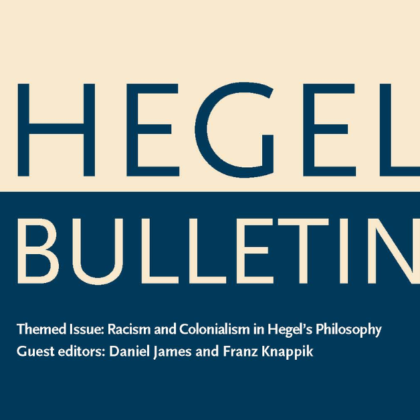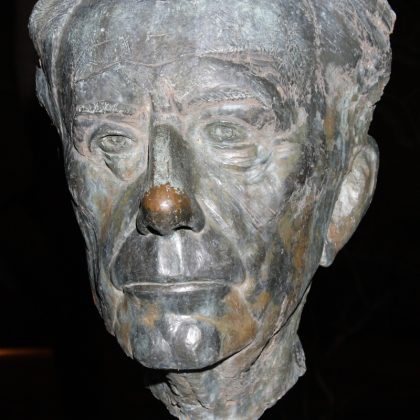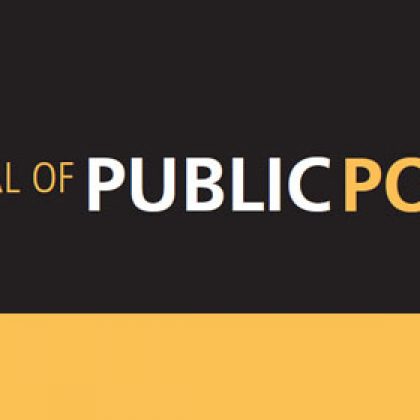Can Chatbots Preserve Our Relationships with the Dead?
Imagine this. Soon after the death of a beloved family member, you are contacted by a company called Digital Souls, informing you that “Your relationship with your loved one doesn’t have to end.”…




























































